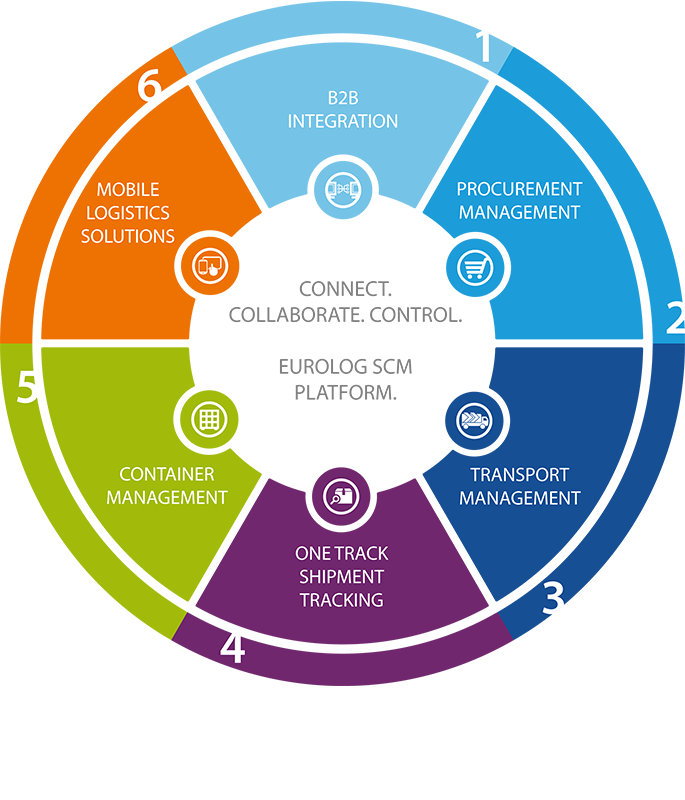Descartes Systems Group, a global leader in uniting logistics-intensive businesses in commerce, released findings from its study ‘Supply Chain and Logistics Innovation Accelerates, but Has Long Way to Go’, which examined how technology innovation is changing supply chain and logistics operations and executives’ plans for continued investment. The report found that 59% of companies surveyed accelerated the pace of innovation investment and deployment over the last two years. Moreover, 65% plan to increase their technology spending over the next two years; however, 87% indicated they still face internal inhibitors to supply chain and logistics innovation.
The study of 1,000 supply chain and logistics decision-makers across nine European countries, Canada and the United States provides supply chain and logistics organizations with critical insights into the importance of innovation and differences in the strategies, tactics and technology decisions of top financial performers and those companies whose senior management thought innovation was very important.
“The recent past has highlighted that supply chain performance can make or break companies and the need to innovate supply chain and logistics operations has moved to the forefront of many C-suite agendas,” said Chris Jones, EVP, Industry and Services at Descartes. “The study shows that, while efforts in supply chain and logistics innovation are accelerating, many companies are relatively early in their innovation journey in areas such as digitization and especially in the use of advanced computing technologies such as machine learning.”
The study analyses the connection between innovation and business success, the drivers of supply chain and logistics innovation, the expected benefits of innovation to companies, and the obstacles inhibiting the pace of innovation and innovation investment. The study also examines where supply chain and logistics innovation is considered to be the strongest and the weakest, the degree to which key supply chain and logistics innovative technologies are deployed and innovation focus areas today and in the future. Lastly, it provides insight into how the importance of supply chain and logistics innovation changes on a geodemographic basis.
Descartes is a global leader in providing on-demand, software-as-a-service solutions focused on improving the productivity, performance and security of logistics-intensive businesses. Customers use our modular, software-as-a-service solutions to route, schedule, track and measure delivery resources; plan, allocate and execute shipments; rate, audit and pay transportation invoices; access global trade data; file customs and security documents for imports and exports; and complete numerous other logistics processes by participating in the world’s largest, collaborative multimodal logistics community. Our headquarters are in Waterloo, Ontario, Canada and we have offices and partners around the world.











